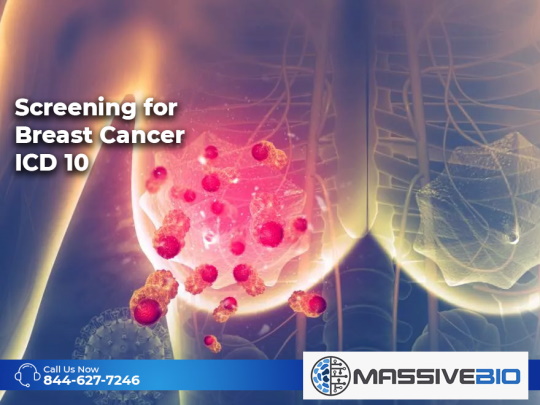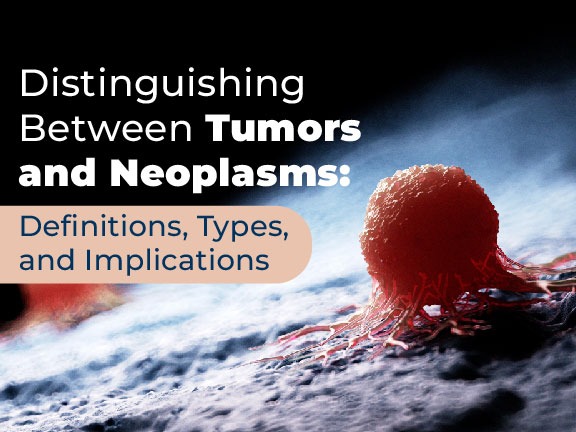What is Anal Cancer?
Anal cancer is an uncommon type of cancer that occurs in the anal canal, a short tube at the end of the rectum where stool leaves the body. There are roughly 8,590 new cases of anal cancer in the United States each year. Although it is rare, it occurs more often in women than men. When it is found early, anal cancer is highly treatable. The overall five-year survival rate following diagnosis of anal cancer is 67%.Anal Cancer Symptoms
The signs and symptoms of anal cancer include:- A lump or mass at the anal opening
- Pain or a feeling of fullness in the anal area
- Narrowing of stool or other changes in bowel movements
- Abnormal discharge from the anus
Anal Cancer Risk Factors
The risk of developing anal cancer is relatively low – approximately 1 in 500. In comparison, the risk of developing colorectal cancer is approximately 1 in 22. Women are at a slightly higher risk than men, and it is most common in adults between 55 and 64 years old. Other factors that have been found to increase the risk of anal cancer, include:- Many sexual partners
- Anal sex
- Smoking
- History of cancer
- Human papillomavirus (HPV)
- Drugs or conditions that suppress your immune system
Anal Cancer Prevention
Anal cancer does not have a specific method of prevention, but following best practices to reduce risks can help:- Practice safe sex
- Get the HPV vaccination
- Avoid smoking and drugs that suppress the immune system
Anal Cancer Treatment
Stage 0: tumors are removed surgically. Radiation or chemo are rarely used after the procedure to eliminate the remaining pre-cancerous cells.
Stage I & II: Local resection is the ideal treatment option, but if the tumor is currently inoperable, External beam radiation therapy (EBRT) is combined with chemotherapy. The combination is administered Monday through Friday for 5 to 7 weeks. More treatment will be needed if the cancer remains after the 5 to 7 weeks. If the tumor shrinks enough, an abdominoperineal resection (APR) is performed.
Stage III: The cancer has metastasized to tissues or organs near the lymph nodes, but not further than that. Radiation and chemotherapy are combined for 5 to 7 weeks. If the cancer has not spread further after the 5 to 7 weeks, an APR will be performed to remove the tumor.
Stage IV: Once the cancer has spread to distant parts of the body, treatment is unlikely to completely remove the cancer. The goal now is to relieve symptoms and control the disease. Chemotherapy is the most common treatment used and if the cancer has spread to the bones, brain, or spinal cord, radiation therapy is given.
Anal Cancer Clinical Trials
There are approximately 46 clinical trials for anal cancer that are currently recruiting patients in the United State right now. With such an extensive list, many of them could be beneficial for you. Our team of patient relations coordinators, who are oncology nurses, and our artificial intelligence-based clinical trial matching system will find the best option for you.
With just a few clicks, you can see your clinical trial matches now. Click here to use our advanced clinical trial match tool.
How Do We Help Anal Cancer Patients?
Massive Bio offers an independent cancer treatment analysis as well as free clinical trial matching for anal cancer patients. Our patient relations coordinators work closely with patients to gather information on their current medical status, and then will provide a list of options form available cancer clinical trials close to your home.
We can also provide a comprehensive case analysis through our Virtual Tumor Board from cancer specialists. The Virtual Tumor Board (VTB) is comprised of highly specialized oncologists from nationally recognized Cancer Centers of Excellence. In just 7-10 days after receiving your medical records, we can get you a treatment plan without having to travel far distances and use your valuable time.













